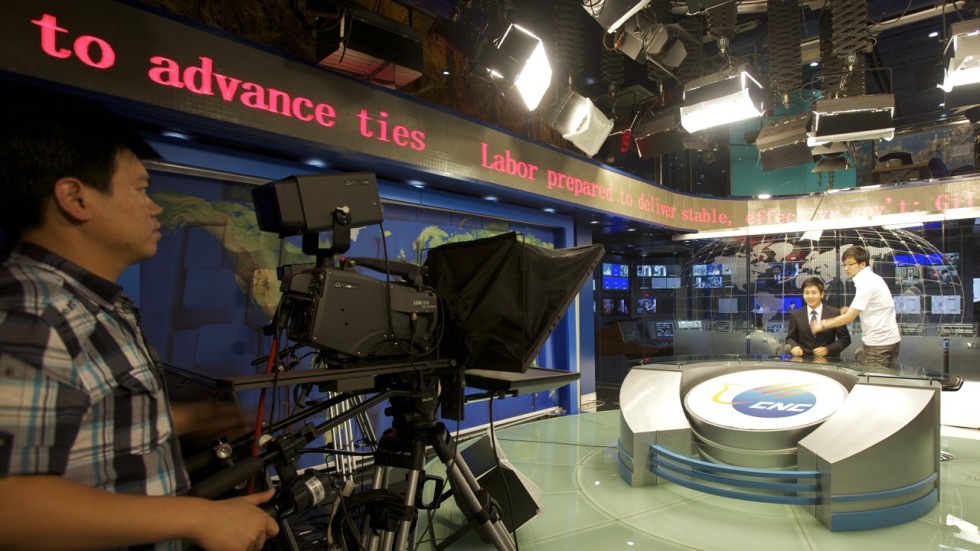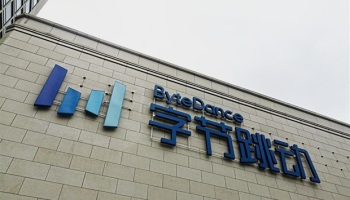Cause for concern: Dr Noor Hisham said the migration of health professionals was fuelled by many reasons, including economic factors. — LOW BOON TAT/The Star
Migration of health professionals was fuelled by many reasons, including economic factors. PHOTO: THE STAR/ASIA NEWS NETWORK
Political will needed to resolve brain drain | The Star
Brain drain is everywhere, says DG - The Star
Docs seeking greener pastures away from home
Private healthcare experts: Give doctors the chance to advance
‘The Doctors Are Not Okay’: Ipoh Timor MP https://codeblue.galencentre.
Plugging the brain drain | The Star
PETALING JAYA - Malaysia’s healthcare sector is not the only one facing a brain drain as other skilled sectors are facing the same problem, top officials say, as they responded to comments by a leading academic that the country’s top university loses at least 30 of its best medical graduates to Singapore every year. New Health Minister Zaliha Mustafa said the brain drain is definitely a loss, but insisted that the right skills be inculcated to ensure that Malaysians continue to receive the highest quality services. She said she was aware of the recommendations of the Human Resources for Health Strategy of her predecessors, including on the recruitment of doctors, improving the quality of training with clearer career pathways and improving their working conditions. Health director-general Noor Hisham Abdullah said on Friday: “The issue of brain drain cuts across the workforce. It’s across all specialities, not only in the medical field.” On complaints by medical students of poor working conditions, bullying, low wages, as well as inadequate training and career opportunities, he said there was no guarantee that migration would stop even if these issues ceased. He said the migration of health professionals was fuelled by many reasons, including economic factors. “Singapore’s currency is three times better than ours. Many Johoreans cross over to work in Singapore, so can the same argument be used? “Even Singapore’s healthcare system has a similar issue with its citizens migrating elsewhere like to Australia,” he added. The issue of brain loss was raised on Thursday by Professor Adeeba Kamarulzaman, who said the top college, Universiti Malaya, loses at least 30 of its best and brightest medical graduates to Singapore every year. The professor of medicine and infectious diseases at Universiti Malaya’s medical faculty said in a tweet on Thursday that the brain drain will continue if nothing is done to address issues such as a lack of clear training and career pathways for doctors, nurses and allied health professionals A male nurse working in Singapore told The Star that working in the Republic provided him the opportunity to gain wider experience. “Singapore practises international standards and if I want to find jobs in Australia, New Zealand or even the United Kingdom, it will be easy for me,” he said, adding that nurses in Singapore undergo procedure competency courses frequently. Malaysian Medical Association president Muruga Raj Rajathurai said the government needed to take steps to provide better career prospects in terms of career advancement and remuneration. “Better pay is among the main reasons the junior doctors are leaving to work abroad. It doesn’t help that the cost of living has gone up in the country. “Issues such as the contract system, permanent positions and even burnout need to be resolved or doctors will lose hope in the system and leave for greener pastures,” he said on Friday.“That is why they choose to look for jobs in countries like Saudi Arabia and other Middle Eastern countries, where they can earn RM12,000 (S$3,700) monthly,” she said. THE STAR/ASIA NEWS NETWORK
Related posts:
Keep our talent
What you can do with an MBBS
Malaysia needs structural reforms says global investor
Middle-income trap, brain drain and high public service spending among Malaysia’s risks

Investing in minds to stop brain drain
Beijing lures back foreign graduates with lucrative offers
































